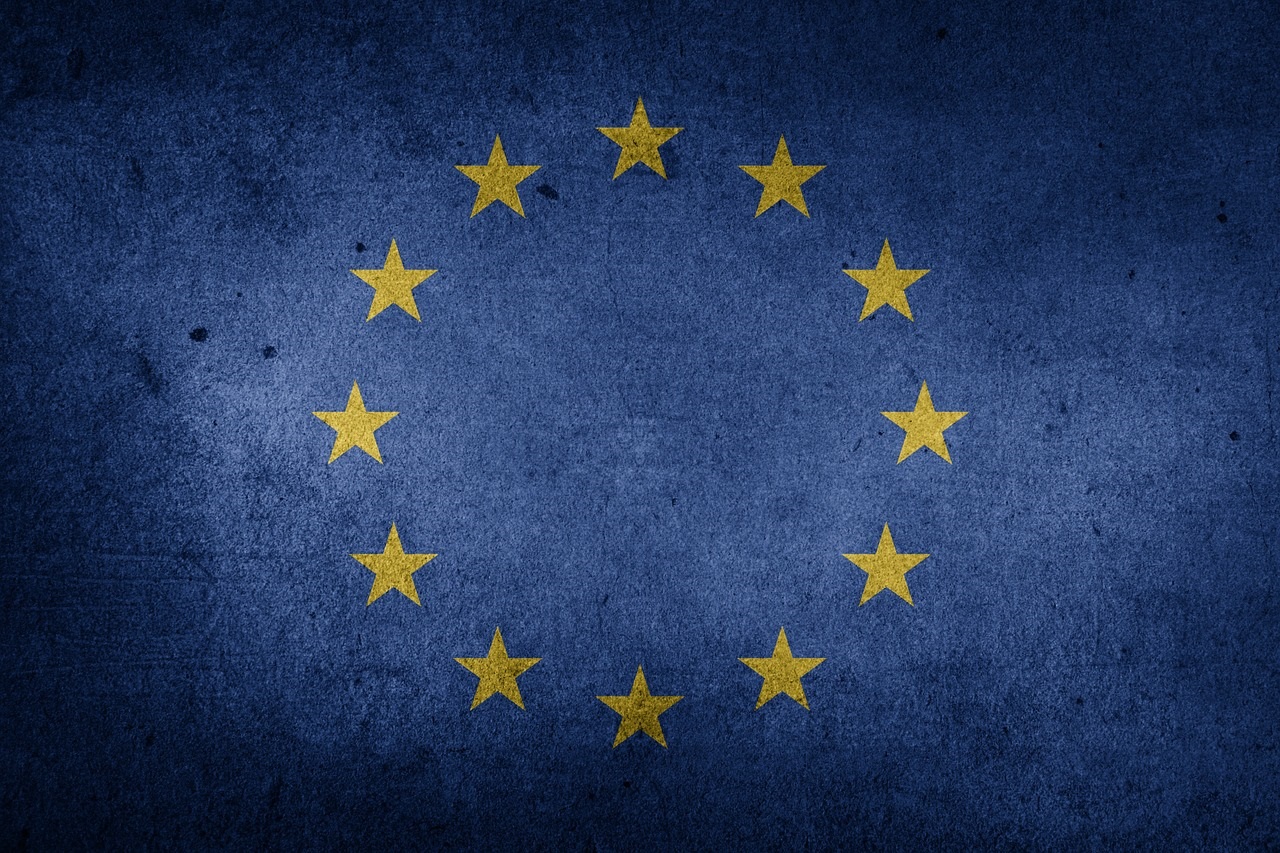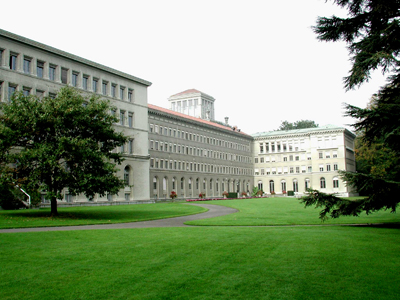Negotiating the UK’s post-Brexit trade arrangements
Written by: Nick Phipps
L. Alan Winters, Professor of Economics and Director of UKTPO.
The ideal trading partner is rich, large, similar and next door. For the UK this means the EU, and for the UK government, this means trade negotiations with our European neighbours must take priority.
In my recent article for the NIESR November Review, I explore the reasons why negotiating the UK’s future trade arrangements is a massive job. These are the main points I raise.

There are the 27 other member states in the EU plus another 135 states in the World Trade Organisation (WTO). Ultimately the UK needs to settle its trading relationship with all of these countries but the clear priorities are to settle with the EU and the WTO. Before any other country will be willing to strike a trade deal with the UK, it will need to know:
- What are the trading arrangements between the UK and the EU – because this will influence how valuable getting access to the UK market will be; and
- What are the UK’s trade policies towards WTO members in general – because it is to improve on such terms that countries sign trade agreements.
The remainder of the EU accounts for nearly half of both UK exports and imports. The EU is close, rich, very large and very similar to the UK, and so we are always going to trade heavily with it. Currently, that trade is conducted on extremely favourable terms, since membership of the EU customs union ensures that there are no customs formalities on exports or imports and the single market ensures that goods and (many) services produced in the UK are immediately saleable in the EU and vice versa. Ideally, we would want to keep such efficiencies in what will always be our major market and major supplier.
But by seeking to ‘take control’ of our own trade policy and of the flow of labour from the EU, the UK is almost bound to have to leave both the customs union and the single market. However, if migration controls are not too draconian we should still be able to negotiate single-market-like access to the EU in a number of sectors. Subject to WTO rules that require that trade agreements have reasonably broad product coverage, we ought, therefore, to be able to negotiate reasonable access on a sectoral basis. This immediately raises the question of which sectors will be favoured. As the discussion surrounding the assurances given to persuade Nissan to invest in the UK shows, this will be an extremely contentious issue.
‘Negotiations will not be easy, because the UK’s negotiating position is weak’.
Negotiations will not be easy because the UK’s negotiating position is weak. The average UK exporter sends approximately 45 per cent of its exports to the EU, while the average EU exporters sends a bit under seven per cent of its to the UK. Who, then, is going to be keener to sign a deal?
 The WTO headquarters in Geneva, Switzerland.
The WTO headquarters in Geneva, Switzerland.
Settling with the WTO should be easier. The UK is a full member of the WTO and currently has obligations that were notified to the WTO by the EU. As a first step, the UK can merely adopt these by relabelling the EU schedules of concessions as UK schedules. Provided there was no attempt to change anything, this would be a so-called ‘rectification’ – a technical process which can only be challenged on certain technical grounds. There are some gritty details to fix – such as sharing out the current EU right to subsidise agriculture between the UK and the remainder of the EU, and the precise geographical coverage of particular agreements in the WTO – but even if these or the rectification were challenged it would ultimately be via a WTO dispute which takes time and so is not an immediate threat to trade.
Moreover, the WTO is not a legalistic organisation, but rather one which generally seeks pragmatic compromises which help to keep trade flowing. Thus the key to ensuring a satisfactory settlement with the WTO membership is diplomacy rather than law. The UK government needs to mount a serious diplomatic effort to explain what it is doing, and why it is in everybody’s interest not to let it get bogged down in awkward arguments and disputes. Once the UK has ‘regularised’ its position in the WTO, it could then, if it and its partners wished, start to negotiate changes to its regimes in a calmer and less hurried way.
‘To prevent trade from dropping off a cliff, the UK needs to seek a transitional agreement with the EU’.
The withdrawal process governed by Article 50 of the Treaty on the European Union allows two years to design the UK’s exit deal and must be agreed in the EU by Qualified Majority Vote. Trade agreements typically take much longer and require unanimity in the EU (including the Walloons!). Thus to prevent trade from dropping off a cliff once it exits, the UK needs to seek a transitional agreement with the EU to prolong the current trading rules (or something similar) while the final trade deal is agreed. And since agreeing with others will depend on the EU deal, it will need transitional deals with many other countries as well.
Disclaimer:
The opinions expressed in this blog are those of the author alone and do not necessarily represent the opinions of the University of Sussex or the UK Trade Policy Observatory.
Republishing guidelines
The UK Trade Policy Observatory believes in the free flow of information and encourages readers to cite our materials, providing due acknowledgement. For online use, this should be a link to he original resource on the our website. We do not however, publish under a Creative Commons license. This means you CANNOT republish our articles online or in print for free.


